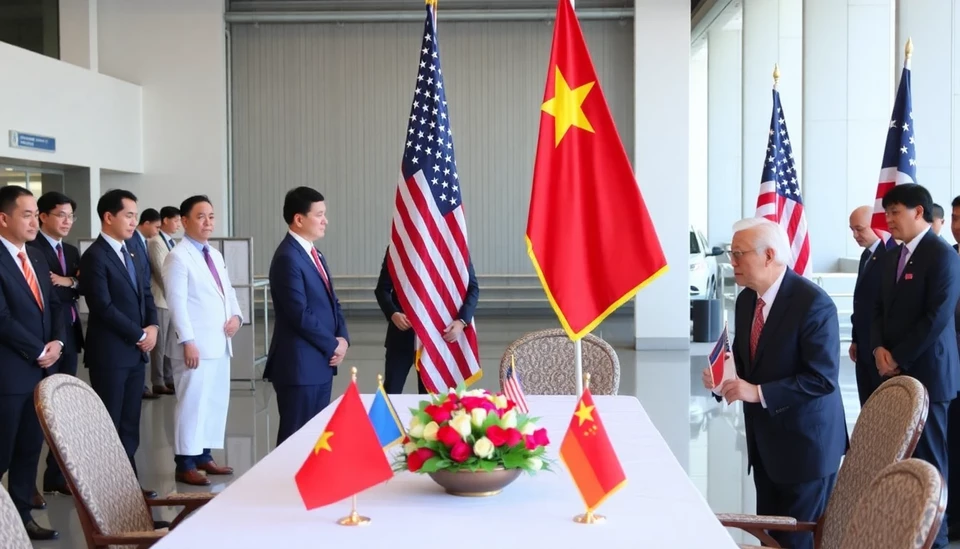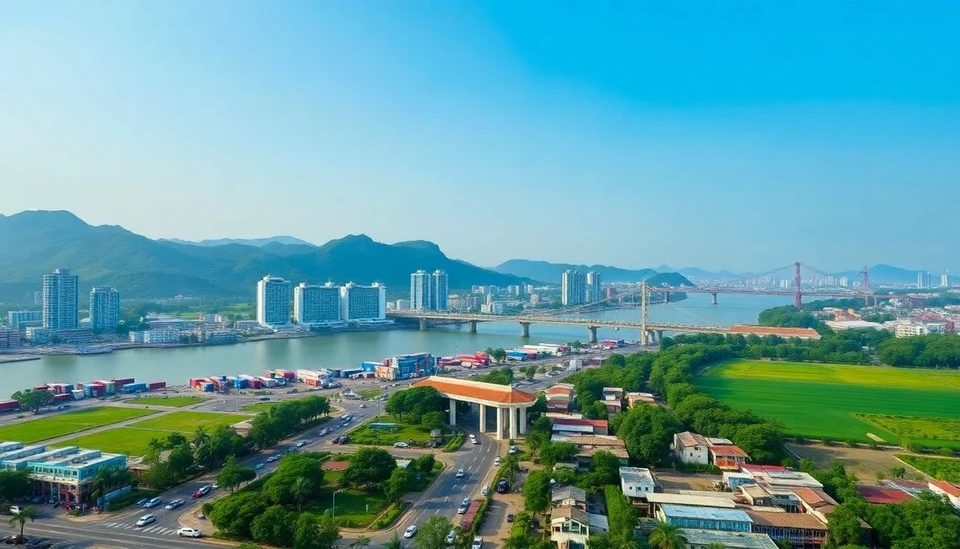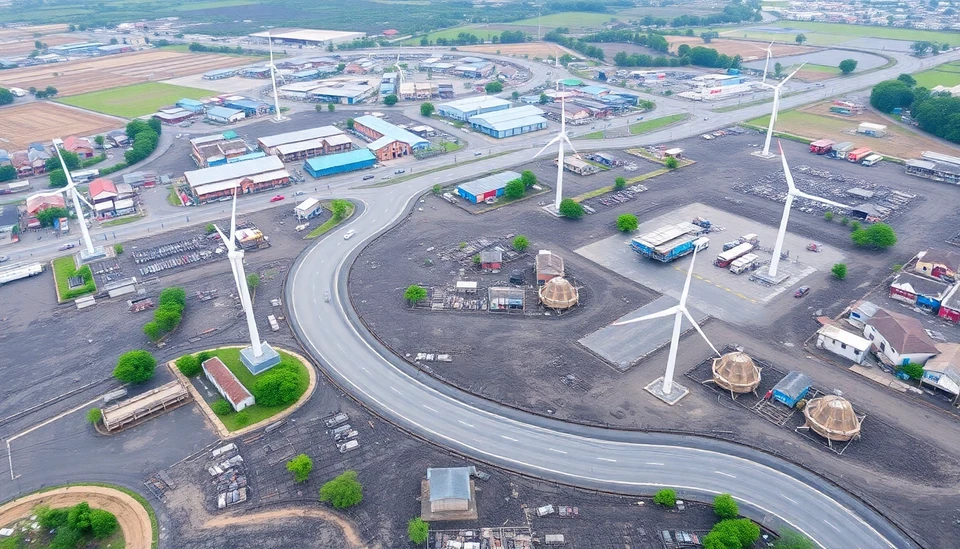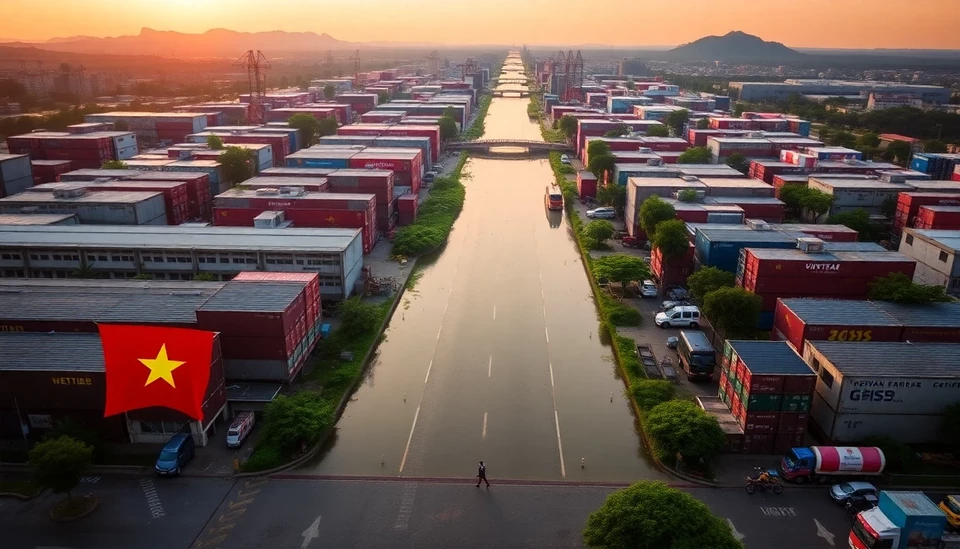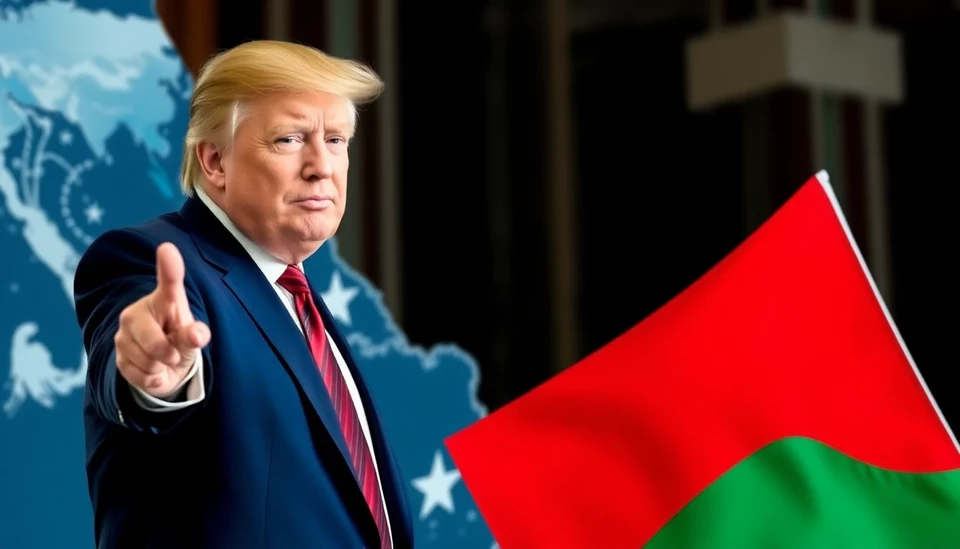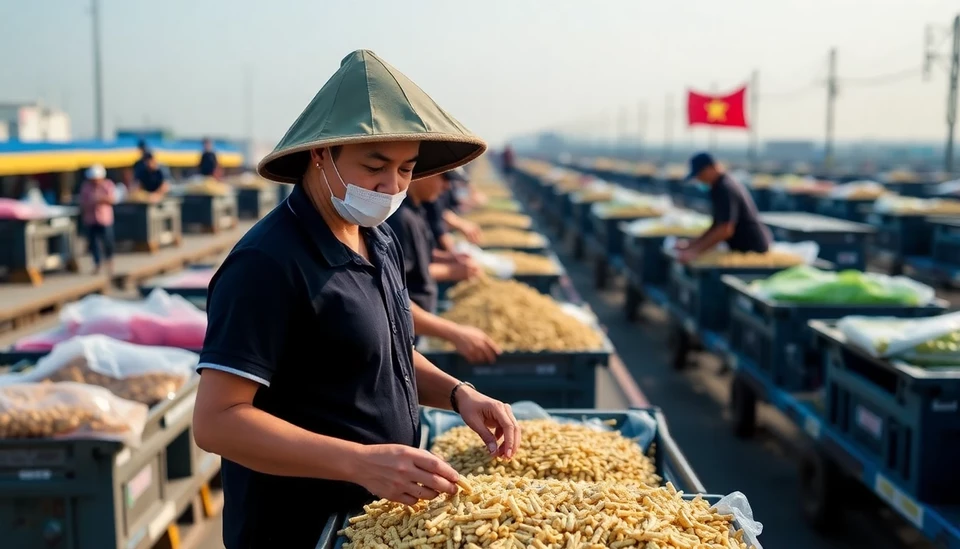
Vietnam is setting its sights on increasing its acquisitions from the United States, including advanced military aircraft and liquefied natural gas (LNG), in light of recent tariff changes. This renewed commitment not only showcases Vietnam's strategic pivot towards the U.S. but also reflects its desire to bolster national security and energy independence.
The Vietnamese government has been vocal about its intention to deepen its trade ties with the U.S., particularly as the landscape of international tariffs shifts. Officials in Hanoi are keenly aware of the implications of these changes and see an opportunity to solidify economic and defense partnerships with one of its key allies.
In an official statement, Vietnam’s Minister of Planning and Investment highlighted that the country is particularly interested in modernizing its military capabilities, with an eye on acquiring U.S.-made fighter jets and surveillance technology. This move is seen as part of a broader effort to enhance regional security and counterbalance the military presence of China in the South China Sea.
Furthermore, Vietnam's push towards purchasing more U.S. LNG is a strategic effort to diversify its energy sources amid domestic demand surges. The transition to LNG is crucial for Vietnam as it aims to reduce its reliance on coal and contribute to global efforts to combat climate change. The country has already signed several preliminary agreements with U.S. companies, facilitating the import of LNG to power its rapidly growing economy.
Industry analysts underscore that these developments represent a significant shift in Vietnam’s energy strategy. By tapping into U.S. resources, Vietnam hopes to ensure a stable energy supply that can support both industrial growth and environmental objectives. The U.S., for its part, has expressed a commitment to increasing exports of LNG and strengthening military ties with Vietnam.
As the U.S. and Vietnam strengthen their economic and military partnership, experts believe this could lead to collective benefits beyond just trade. The enhanced collaboration is likely to aid in regional stability and offer mutual economic growth opportunities, thereby impacting the broader Asia-Pacific economic landscape.
In conclusion, with Vietnam's proactive approach in seeking to purchase more aircraft and LNG from the U.S., the country is positioning itself as a formidable partner in the realm of international trade and defense. This strategic pivot will likely have long-lasting effects on both nations’ economic trajectories and security policies.
#Vietnam #USRelations #Aviation #LNG #Trade #Military #Economy #SoutheastAsia
Author: Daniel Foster
